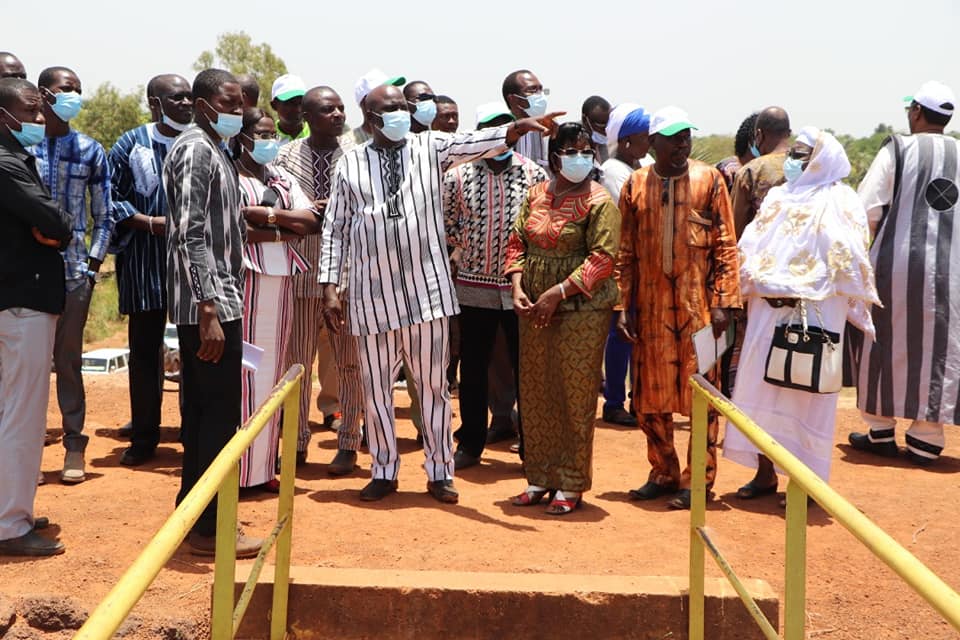The Lerabah Plain Development Project (Paval) was launched on April 9th, 2021 in Niofila, in the Cascades region. The aim of the project is to improve agro-sylvo-pastoral and fisheries production, as well as to increase the income of farmers, including women and young people.
To implement this project, the Burkinabe authorities plan to extend the retention capacity of the Niofila dam over a length of 8 km. The dam is currently 3,000m long. The government of Burkina Faso also plans to build a 22 km long protective dam, develop a 1,000-hectare irrigated area, and rehabilitate the existing 410-hectare area.
A project supported by the AfDB and IFAD
The Paval will also make available at subsidised prices 2,100 tonnes of fertiliser, 72 tonnes of improved seeds, 9,600 litres of approved pesticides and agricultural equipment through the financing of market access sub-projects. At least 20 drying areas, 13 storage warehouses for 250 tonnes of rice and maize, 75 storage facilities for 10 tonnes of onions, a purchasing office and a rural promotion centre will also be built under the Paval.
The implementation of Paval will last five years. The project will require an investment of nearly 32 billion CFA francs (about €49.8 million), including 21 billion CFA francs (over €32 million) from the African Development Bank (AfDB), 5.4 billion CFA francs from the International Fund for Agricultural Development (IFAD), 4.5 billion CFA francs (about €8.4 million) from the Burkina Faso treasury, and a contribution from the beneficiaries estimated at about 1.2 billion CFA francs (over €1.8 million). The funds will also be used to finance 300 rural micro-enterprises.
Ultimately, the Lerabah plain development project will directly benefit 9,000 people in the Cascades region, including 5,000 women.
Inès Magoum
